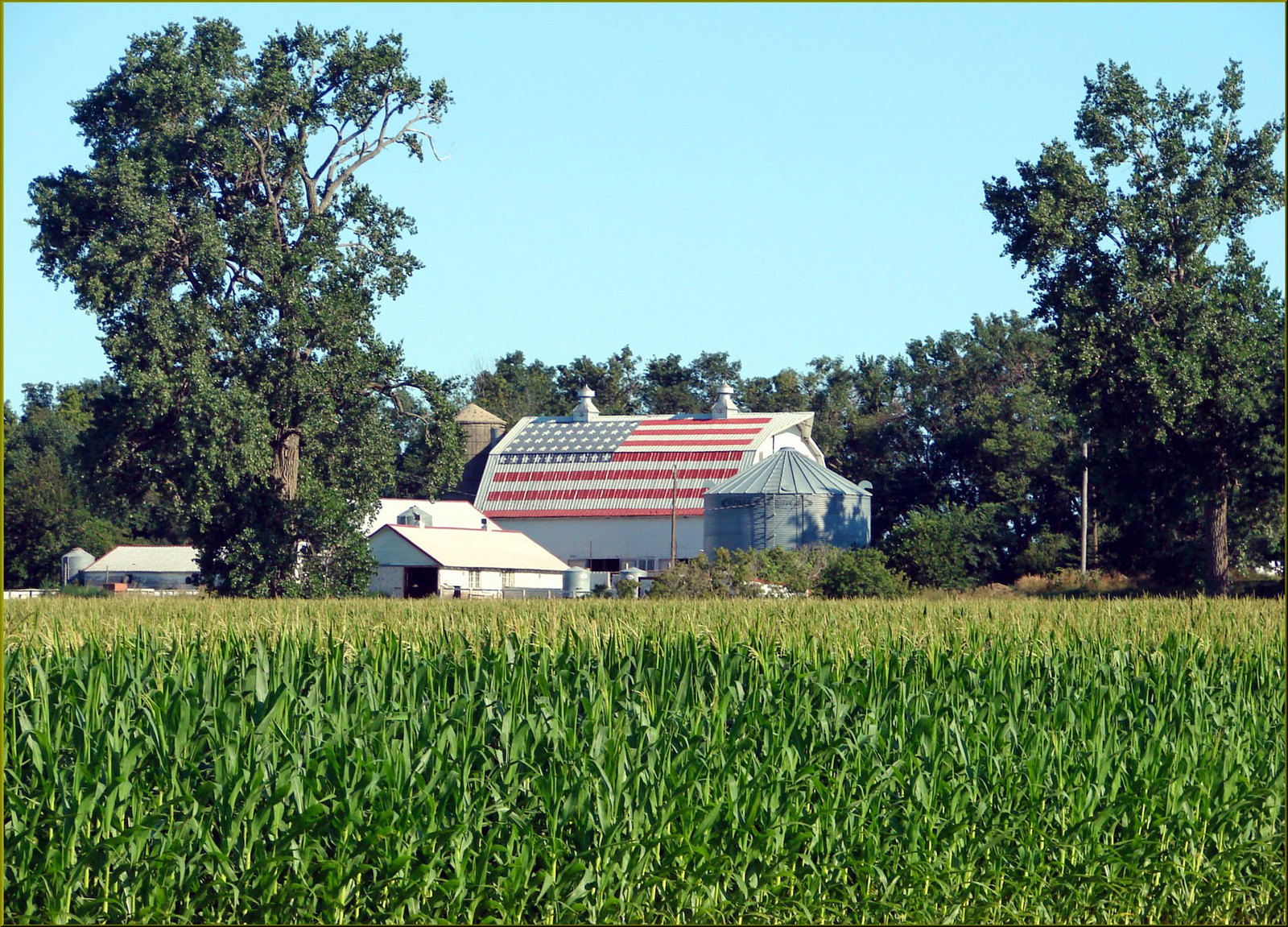As ‘ag-gag’ laws gain momentum, opponents fight them in court

Since 1990, state legislatures have enacted laws intended to punish whistleblowers for disclosing information about agricultural facilities to the news media. While the language of these so-called “ag-gag” statutes and the activities they cover vary, they all effectively ban various types of audio and visual reporting on the agricultural industry and chill constitutionally protected reporter-source communications.
The Reporters Committee has followed and supported challenges to ag-gag laws in many states over the years. Last summer alone, Reporters Committee attorneys filed friend-of-the-court briefs supporting efforts to scrap such laws in Iowa and North Carolina, asserting violations of the First Amendment.
Since members of the public cannot monitor agricultural facilities themselves, journalists play an important role in providing information about what goes on there — and they rely on sources within those facilities for information. However, efforts to implement ag-gag laws have taken off in recent years.
The history of ag-gag laws and how they violate the First Amendment will be the subject of a presentation delivered by Reporters Committee legal fellow Daniel Jeon during this weekend’s Tulane Environmental Law & Policy Summit in New Orleans. As Jeon prepares for his session, here are some of the ag-gag cases the Reporters Committee has gotten involved with in recent years.
Utah, 2016
Utah’s ag-gag law was challenged by the Animal Legal Defense Fund and People for the Ethical Treatment of Animals following the arrest of a woman for documenting events at an agricultural site from a public road. The Reporters Committee and a coalition of 17 media organizations filed a friend-of-the-court brief in 2016 supporting challenges to the statute. In 2017, a federal judge ruled that the law was unconstitutional.
Idaho, 2016
In 2015, the U.S. District Court for the District of Idaho struck down the state’s ag-gag law as unconstitutional, and in 2016, the Reporters Committee and 22 organizations filed a friend-of-the-court brief with the U.S. Court of Appeals for the Ninth Circuit, urging it to uphold the district court’s decision.
Iowa, 2019
Last June, the Reporters Committee and a coalition of 22 media organizations filed a friend-of-the-court brief in a case against Iowa’s governor and attorney general, arguing that the state’s ag-gag statute “criminalizes a number of constitutionally-protected newsgathering activities” and “was adopted in reaction to undercover investigations and resulting media coverage that cast an unwanted spotlight on Iowa’s agricultural industry.”
Arkansas, 2019
Last August, the Reporters Committee and seven media organizations requested to file a friend-of-the-court brief supporting efforts to challenge the constitutionality of Arkansas’s ag-gag law, arguing that the statute “stifles public debate and discussion, discourages whistleblowers from coming forward out of fear of prosecution, and favors corporate interests at the expense of First Amendment freedoms and a well-informed society.” However, the federal judge overseeing the case declined to accept the brief.
North Carolina, 2019
Last September, the Reporters Committee and 21 media organizations filed a friend-of-the-court brief supporting efforts to challenge the constitutionality of North Carolina’s ag-gag law. North Carolina’s statute is broader than some in other states, as it “punishes the disclosure of information about agricultural facilities and other businesses to members of the news media” (emphasis added).
The Reporters Committee regularly files friend-of-the-court briefs and its attorneys represent journalists and news organizations pro bono in court cases that involve First Amendment freedoms, the newsgathering rights of journalists and access to public information. Stay up-to-date on our work by signing up for our monthly newsletter and following us on Twitter or Instagram.